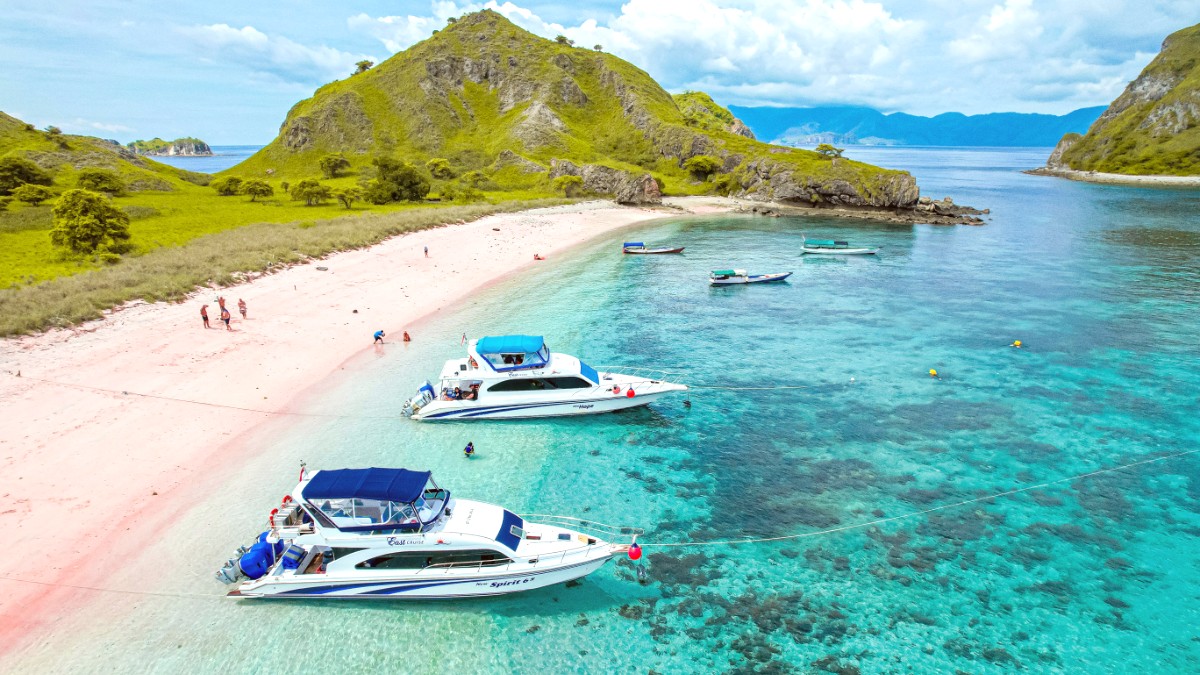
Komodo, Indonesia
Choose accommodations with minimal environmental footprints. Explore options on Ecobnb.
Offset your travel emissions. This supports environmental projects. Calculate and offset with Terrapass.
Direct your spending to local businesses. This fosters economic well-being.
Komodo National Park shields unique flora and fauna. Responsible interactions maintain this balance.
Always approach dragons with a trained guide. Their natural behavior is unpredictable.
The coral reefs and marine life are fragile. Your actions in the water matter greatly.
Support operators prioritizing animal welfare. Over-tourism can negatively affect wildlife.
Your purchases can influence local practices. Support sustainable products and services.
Purchase handmade goods from local artisans. This directly supports livelihoods.
Seek out products minimizing waste. Reusable items are beneficial. Explore package-free options.
Every visitor plays a role in the long-term conservation of Komodo National Park's natural beauty and unique species.
Choosing the right tour operator reinforces positive environmental and social practices.
Look for operators adhering to recognized sustainable tourism certifications or industry best practices.
Operators investing in local communities create positive ripple effects. This strengthens the regional economy.
Sustainable operators prioritize minimizing waste generated during tours. This protects fragile ecosystems.
Many ethical operators collaborate with local conservation groups. This directly supports environmental efforts.
Known for community-based tourism and sustainability focus. Visit G Adventures.
Many small local businesses prioritize eco-friendly practices. Inquire directly.
Review operator websites and traveler feedback for their environmental policies.
A portion of your travel expenses can directly contribute to local conservation projects. Organizations like The Rainforest Site (GreaterGood) support global efforts.
This protects both visitors and wildlife habitats.
Adhere to guidelines for snorkeling and diving. Marine environments require careful engagement.
Proper waste management prevents pollution. Bring reusable items to minimize impact.
Capture memories respectfully.
Despite precautions, emergencies can arise. Preparedness and immediate action are important.
Guides carry basic first aid kits. Major incidents require evacuation.
Remote areas have limited phone signal. Satellite phones are used by some operators.
Medical evacuations are typically to Labuan Bajo or larger cities.
Always follow the instructions of your guides and park rangers. Their local knowledge safeguards your visit.
Embrace responsible travel habits.